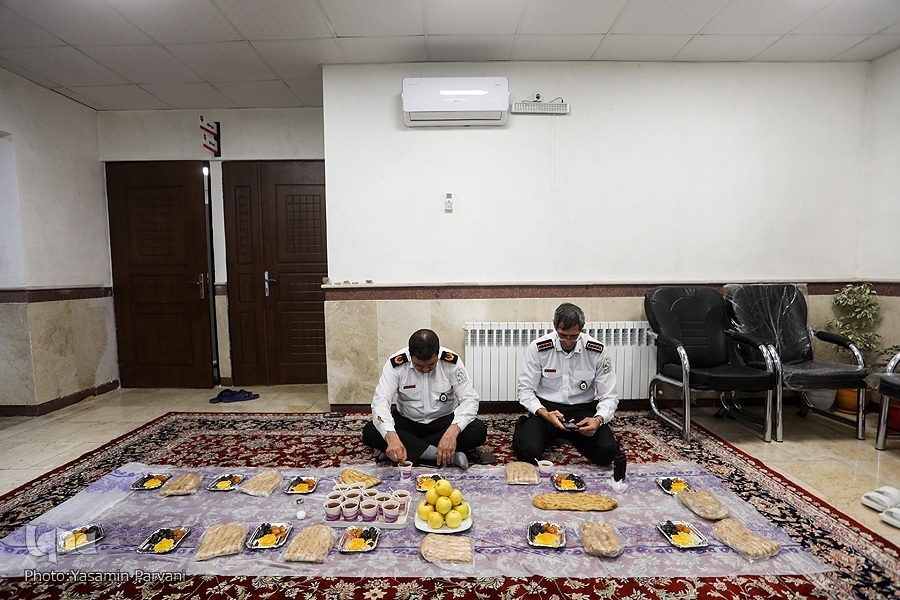Fasting in Islam: From Worship to Social Responsibility

Reference to Halal meals in the Quran is a reminder of the responsibility that influences our social relations in a simple yet astonishing manner.
Islam’s teachings have many references to the issue of eating and drinking. “Let the human reflect on the food he eats” [80:24]. Eating and drinking are among the most critical and basic actions of humans and most wars and conflicts have been directly or indirectly related to this issue.
A deeper look at the teachings of Islam about eating and drinking shows that the rituals and duties that are obligatory on Muslims seek to establish a behavioral system regarding food and, consequently, establish specific rules and regulations on human relations and ultimately, create a healthy society. We can see a summary of this behavioral system in fasting.
1. Worship and spirituality
“Believers, fasting is decreed for you as it was decreed for those before you; perchance you will be cautious.” [2:183] The ban during the month of Ramadan on eating and drinking from sunrise to sunset is a task that has been proposed with the aim of strengthening man's relationship with God and paving the way for the growth of human spirituality. But one can also identify other aspects of fasting.
2. Paying attention to the cleanness of foods
“People, eat of what is lawful and good on the earth and do not walk in satan's footsteps, because he is for you a clear enemy.” [2:168]
"Halal" is a universal term that refers to a set of permissible behaviors in Islamic law. The realm of foods is one of the areas that the term “Halal” has been mentioned and it has three aspects here. First, the method of obtaining food must be halal; that is, Muslim food should not be prepared through the oppression of others. Second, the food itself must be clean; i.e. eating and drinking should not include data-x-items that are considered "unclean" (Najis) in Islam. Third, the amount of the consumed food should remain to a sufficient point and any extravagance is strictly forbidden. “Eat and drink from God's bounties and do not abuse the earth with corruption.” [2:60]
Each of the above three aspects causes eating or drinking to be considered “haram”. And the interesting point is that if a person breaks his/her fast by eating forbidden or Haram food, that fast has no value and is not acceptable to God.
3. Helping the needy
Experiencing the pain of hunger makes fasting people more aware of the situation of those who are in need of food. This experience, along with many recommendations on helping the needy during Ramadan, creates a widespread desire to alleviate poverty and hunger in society. This fact indicates the social and reforming aspects of a religious act that is not only related to the relation of man and God, but can also improve an important part of human relations.
Of course, helping the needy is not limited to the month of Ramadan. The Quran’s stress on this act is so great that it has been mentioned alongside the prayer and in 200 verses. “Those who spend their property for the cause of God, any time during the day or night, in public or in private, will receive their reward from their Lord. There will be no fear for them nor will they grieve.” [2:274]
 Most Commented
Most Commented 


